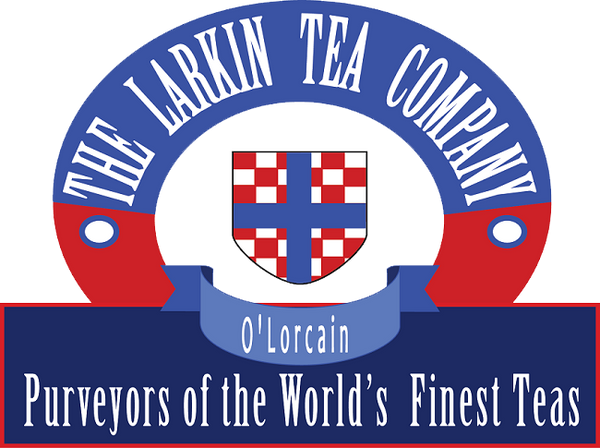Cháyèdán or tea marbled eggs are Chinese fast food. Enjoyed for centuries, tea eggs are great hot or cold, savored on a plate or eaten on the run. The eggs are a cheap snack sold all around China and Taiwan and can be found around the clock at street stalls and convenience stores. They are also traditionally eaten during Chinese New Year celebrations to bring good luck for the coming year, symbolizing golden nuggets and are served to promote prosperity and wealth in the New Year.
Ingredients
- ½ cup soy sauce
- ¼ cup sugar
- ½ teaspoon whole black peppercorn
- ½ teaspoon fennel seeds
- 8 whole cloves
- 2 whole star anise
- 1 stick cinnamon
- 2-1/2 cups of water
- 2-1/2 tablespoons black tea*
- 8 large eggs
Instructions
Place eggs in a 4-qt. saucepan; cover with ½” of cold water. Place pan over high heat and bring to a boil; remove from heat, and let the eggs stand, covered for 10 minutes. Transfer the eggs with a slotted spoon to a bowl of ice water and let cool enough so that you can handle them. Discard the hot water. DO NOT PEEL. Tap the eggs all over with the back of a spoon to crack the shells. The more cracks the more intricate the design will be. Do not tap too hard or the tea liquid will seep into the shell instead of just staining the cracks.
Bring soy sauce, sugar, peppercorns, fennel, cloves, star anise, cinnamon, tea and 2-1/2 cups of water to a boil in a 2-qt saucepan stirring until the sugar is dissolved; add the eggs. Reduce the heat to a low simmer and continue to cook for 90 minutes. Keep an eye on the water level as the eggs must always be completely covered by the liquid.
Remove the pan from the heat and let the eggs sit in the liquid, uncovered, until cool, then chill in the liquid for at least four hours and up to two days. The longer you steep, the more flavorful and deeply marbled the tea eggs will be. Drain the eggs, peel and serve. Unpeeled eggs can be refrigerated in a covered container for up to seven days.
Note * We use Keemun but Pu-erh is more traditional.


